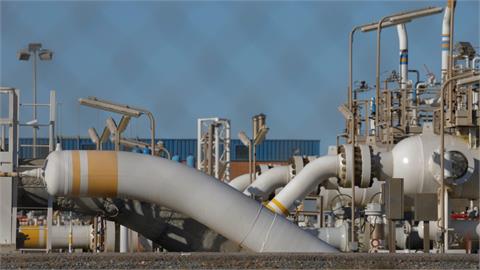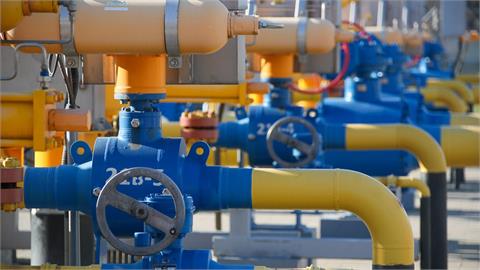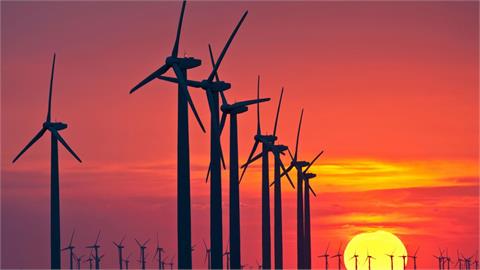Čibuk 1 has reached a number of key milestones and is on schedule to start production in early 2019, according to a press release from the United Arab Emirates’ (UAE) Masdar, the majority stakeholder in Tesla Wind, which owns Vetroelektrane Balkana, the project company behind Čibuk 1, set to become Serbia’s largest wind farm.
GE Renewable Energy, which has supplied the 57 wind turbines for Čibuk 1, tweeted that the 158 MW wind farm is expected to start production "earlier than initially planned.”
Masdar previously said it expected the construction of the 158 MW Čibuk 1 wind farm to be completed in the first half of 2019. The wind farm is set to be funded under the feed-in tariff, reflected on consumers’ electricity bills.
The EUR 300 million investmentis backed by some EUR 215 million in lending from the International Finance Corporation (IFC), a member of the World Bank Group, and the European Bank for Reconstruction and Development (EBRD), according to earlier reports.
Čibuk 1 in Dolovo, situated 50 kilometers outside the capital Belgrade, has completed the construction of 33 overhead pylons allowing for the energization of the wind farm’s substation, its connection to existing transmission lines 11 kilometers away, and the handover of the transmission operation building to its operator, Masdar said.
The Čibuk 1 wind farm is expected to provide electricity to 113,000 homes and displace more than 370,000 tonnes of carbon dioxide per year, Masdar said, noting that 52 of the 57 wind turbines have been fully assembled to date. Vetroelektrane Balkana (WEBG), the project company behind Čibuk 1, is wholly owned by Tesla Wind, a joint venture between Masdar (60%), Finnish energy infrastructure developer Taaleri Energia (30%), and DEG, a subsidiary of Germany’s KfW Group, (10%).
The power purchase agreement (PPA) for Čibuk 1 was signed in October 2016. Serbia has pledged to produce 27% of its domestic power needs from renewable energy sources by 2020, reducing the country’s dependence on coal-fired power generation in line with European Union regulations, Masdar recalled.



